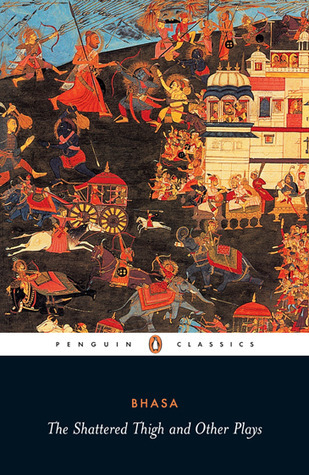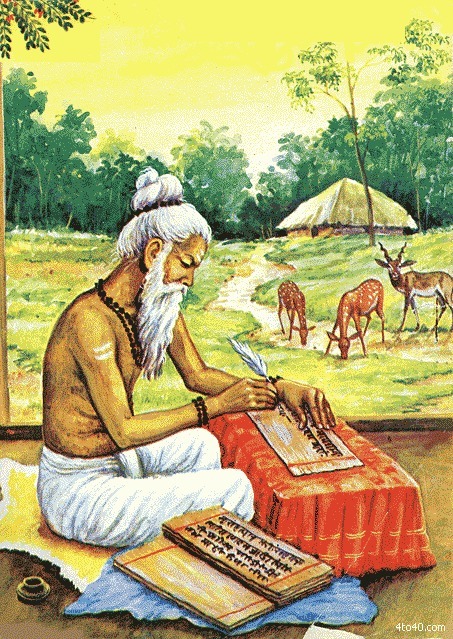
A selection of the earliest existing plays by a major dramatist in classical Sanskrit Bhasa is one of the most celebrated names in classical Sanskrit literature. He lived and wrote about two thousand years ago. Though his dates have not been conclusively established, it is certain that Bhasa preceded Kalidasa, the great poet and dramatist of ancient India, who has praised Bhasa by name in one of his own plays. Bhasa's works were considered lost and it was only in the beginning of the twentieth century that some of his plays were recovered. Six of these, which form the present collection, are based on the Mahabharata, which provides a thematic unity to the plays. Bhasa's strengths were his skilful melding of dialogue, legend and dramatic action. The comparatively short and fast-paced plays in The Shattered Thigh are remarkable in their nearness to modern idiom despite their antiquity. Of the six plays in this collection four—The Middle One, The Envoy, The Message and Karna's Burden—are one-act plays evoking tragic and heroic emotions. Five Nights and The Shattered Thigh have three and two acts respectively. The latter is a tragedy in which the hero dies on stage, an innovation that is very unusual in Sanskrit drama.
Author

Bhāsa is one of the earliest and most celebrated Indian playwrights in Sanskrit. However, very little is known about him. He is dated between the 2nd century BCE and 2nd century CE. Based on the language used, his date is also supposed to be around 5th century BC. The plays of Bhāsa had been lost for centuries. He was known only from mention in other works such as Kālidāsa's first play Malavikagnimitram, or the the famous text on poetics Kavyamimamsa written during 880–920 AD by Rajashekhara a famous poet, dramatist and critic. This was until 1912, when Mahamahopadhyaya T. Ganapati Sastri came upon 13 Sanskrit plays at a nampoothiri home named Manalikkara Madom (present Kanyakumari District) that were used in the Koodiyattam plays. Unlike other classical plays, none of them mentioned the author, but one was the Swapnavāsavadatta. Comparing the style of writing and techniques employed in these plays and based on the knowledge that Swapnavāsavadatta was Bhāsa's work, all of them were credited to him. Some scholars have disputed Bhāsa's authorship of all the plays but over the years the plays have generally come to be ascribed to him.